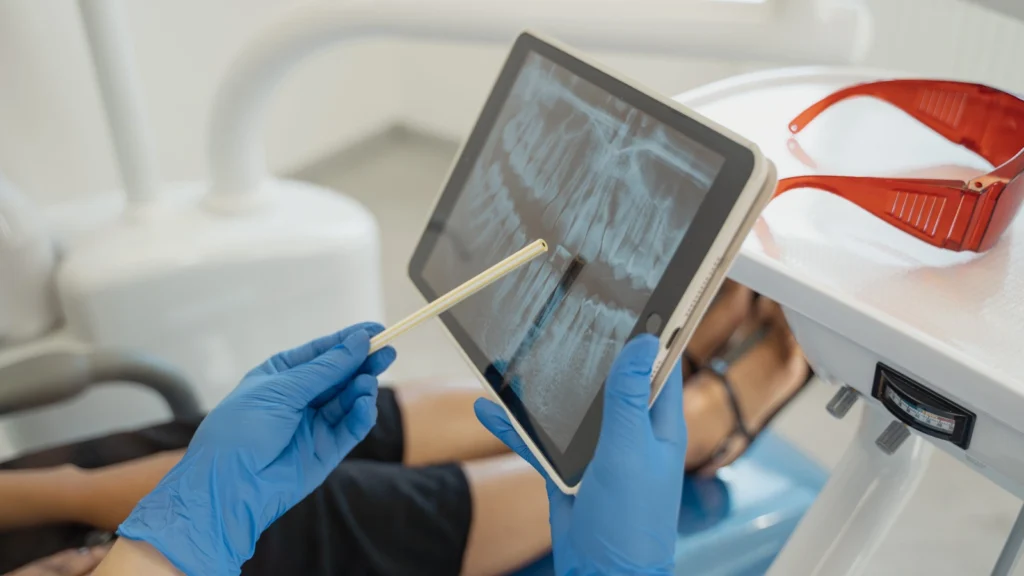When it comes to preserving your radiant smile, the connection between sleep apnea and dental health may not be immediately apparent. However, recent research has unveiled a compelling link, showcasing the impact of untreated sleep apnea on oral health and the longevity of dental restorations. In this blog post, we will delve into the correlation between sleep apnea and dental issues, emphasizing how treating sleep apnea can safeguard your teeth and extend the life of dental restorations like crowns and implants.

The Sleep Apnea-Dental Health Connection
1. Bruxism and Tooth Grinding
Individuals with sleep apnea often experience bruxism, a condition characterized by unconscious teeth grinding during sleep. The force exerted during grinding can lead to wear and tear on natural teeth and compromise the integrity of dental restorations.
2. Dry Mouth and Increased Cavities
Sleep apnea is frequently associated with dry mouth, as breathing interruptions can reduce saliva production. Saliva is crucial for maintaining oral health by neutralizing acids, preventing tooth decay, and supporting the stability of dental restorations.
3. Impact on Periodontal Health
Untreated sleep apnea may contribute to the development of gum disease. Periodontal issues can compromise the stability of teeth and the success of dental restorations like crowns and implants.
How Treating Sleep Apnea Protects Your Teeth
1. Reduction in Bruxism
Effective treatment of sleep apnea, such as Continuous Positive Airway Pressure (CPAP) therapy or oral appliance therapy, can help alleviate bruxism by improving sleep quality. This reduction in teeth grinding contributes to the preservation of natural teeth and dental restorations.
2. Alleviation of Dry Mouth
Treating sleep apnea can alleviate dry mouth by ensuring uninterrupted breathing during sleep. This improvement in saliva flow supports oral health, reducing the risk of cavities and maintaining the stability of dental restorations.
3. Prevention of Periodontal Issues
Addressing sleep apnea helps mitigate the risk of gum disease, preserving the integrity of the supporting structures for dental restorations. A healthy periodontal environment is essential for the long-term success of crowns and implants.
The Long-Term Impact on Dental Restorations
1. Extended Lifespan of Crowns and Implants
By treating sleep apnea, individuals can positively impact the longevity of dental restorations. Reduced bruxism, improved saliva flow, and a healthier periodontal environment contribute to the extended lifespan of crowns and implants.
2. Cost-Efficiency and Fewer Replacements
Investing in the treatment of sleep apnea not only safeguards oral health but also proves cost-effective in the long run. With fewer complications and the need for replacement, individuals can enjoy the sustained benefits of their dental restorations.
Contact Better Sleep MOV Today!
The profound connection between sleep apnea and dental health highlights the importance of a comprehensive approach to well-being. By prioritizing the treatment of sleep apnea, individuals can protect their teeth, enhance oral health, and ensure the longevity of dental restorations like crowns and implants. If you suspect sleep apnea may be impacting your dental health, seeking professional advice and exploring suitable treatment options can pave the way for a healthier, more enduring smile. Schedule an appointment at Better Sleep Mid-Ohio Valley today.

